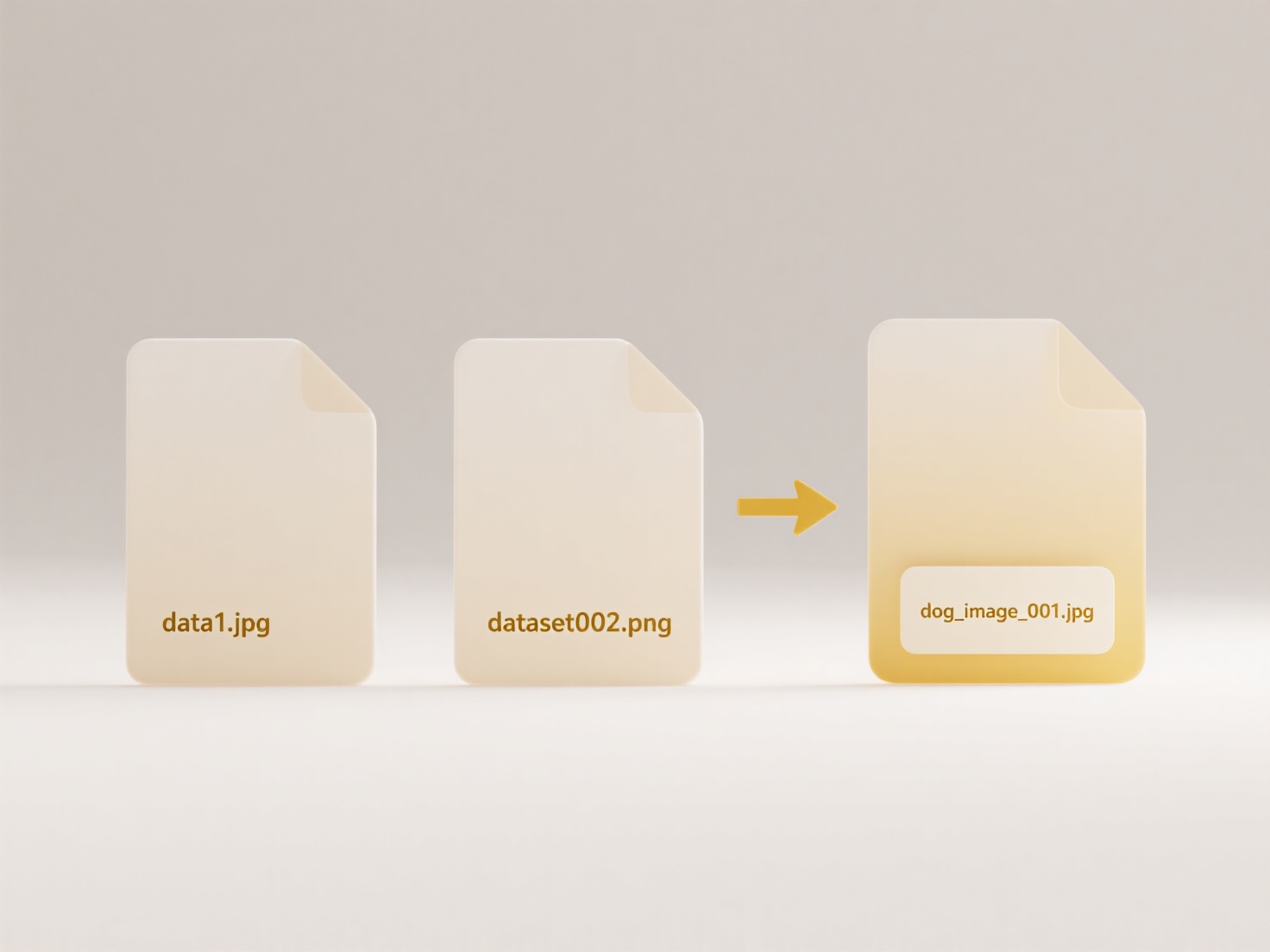
Some macOS files cannot open on Windows primarily due to incompatible file formats and underlying system differences. macOS often uses formats like APFS or HFS+ for disks, while Windows relies on NTFS or FAT32. Additionally, Apple's proprietary document formats (like .pages, .numbers, .key) lack native support in Windows applications. This divergence creates barriers even for files that appear similar.
For example, disk images (.dmg files) are frequently used on macOS for software downloads but are unsupported by default on Windows. Similarly, opening a document created in Apple Pages (.pages) or viewing a macOS-formatted external hard drive requires Windows users to employ workarounds like installing third-party conversion software or file system drivers.

The main limitation is fragmented native support, causing user frustration. While free tools exist (like LibreOffice for opening .pages files or DMG viewers), these require extra steps and can present security or formatting risks. Future solutions involve broader adoption of universal standards like PDF and OOXML (used in modern .docx/.xlsx files), alongside cloud-based collaboration tools that bypass format-specific constraints.
Why won’t files from macOS open on Windows?
Some macOS files cannot open on Windows primarily due to incompatible file formats and underlying system differences. macOS often uses formats like APFS or HFS+ for disks, while Windows relies on NTFS or FAT32. Additionally, Apple's proprietary document formats (like .pages, .numbers, .key) lack native support in Windows applications. This divergence creates barriers even for files that appear similar.
For example, disk images (.dmg files) are frequently used on macOS for software downloads but are unsupported by default on Windows. Similarly, opening a document created in Apple Pages (.pages) or viewing a macOS-formatted external hard drive requires Windows users to employ workarounds like installing third-party conversion software or file system drivers.

The main limitation is fragmented native support, causing user frustration. While free tools exist (like LibreOffice for opening .pages files or DMG viewers), these require extra steps and can present security or formatting risks. Future solutions involve broader adoption of universal standards like PDF and OOXML (used in modern .docx/.xlsx files), alongside cloud-based collaboration tools that bypass format-specific constraints.
Related Recommendations
Quick Article Links
Can I enforce file sharing encryption company-wide?
Enforcing company-wide file sharing encryption means mandating that all files transferred or stored within an organizati...
How do I recover a corrupted file?
A corrupted file is damaged and unreadable by software that normally opens it, often due to unexpected shutdowns, storag...
Can I search for files with broken links or dependencies?
Yes, you can search for files with broken links or dependencies. This involves identifying files that reference other re...